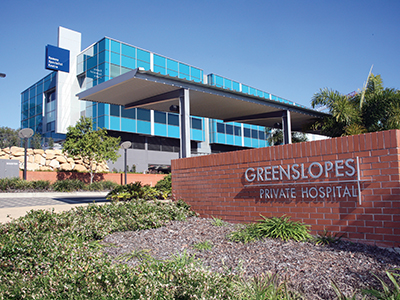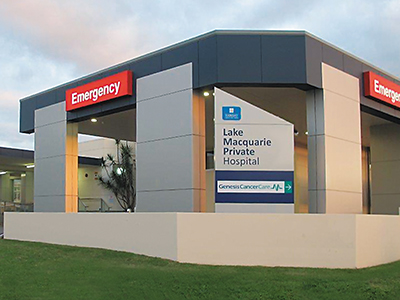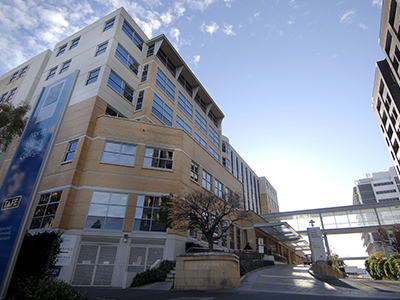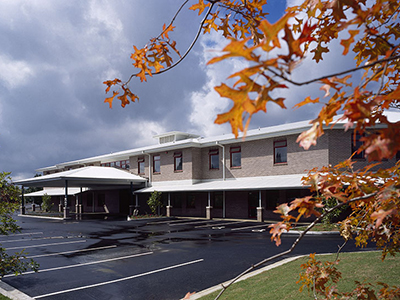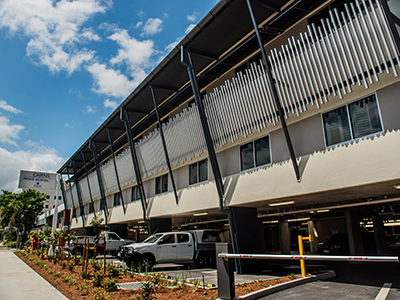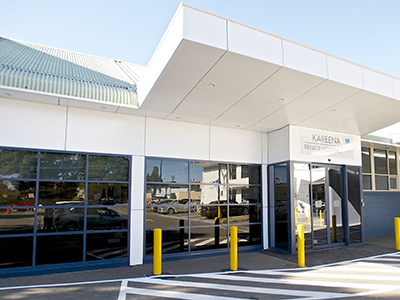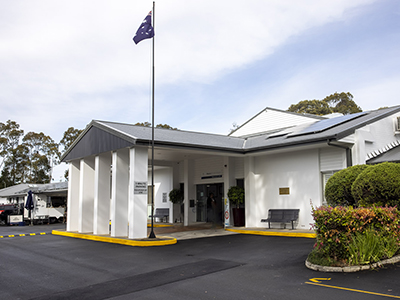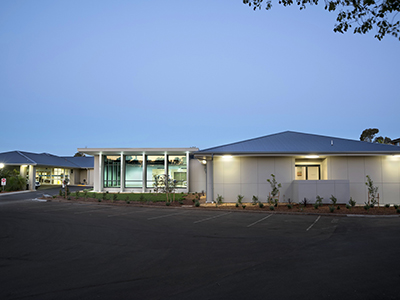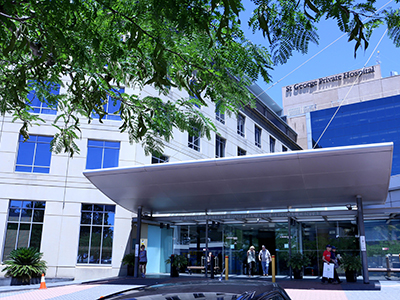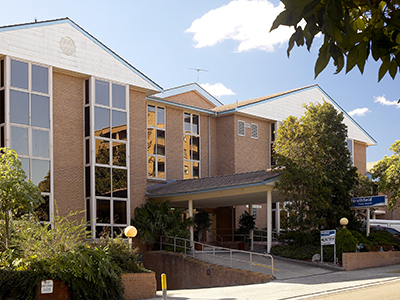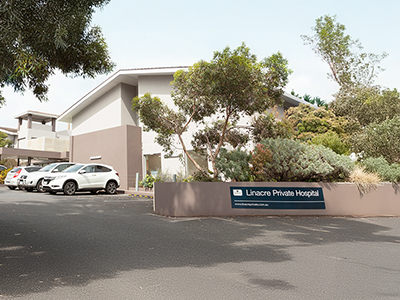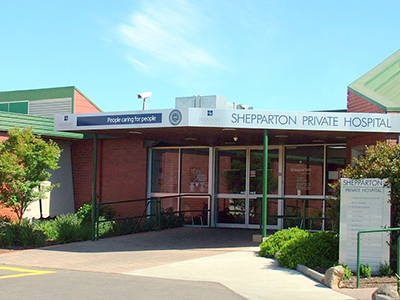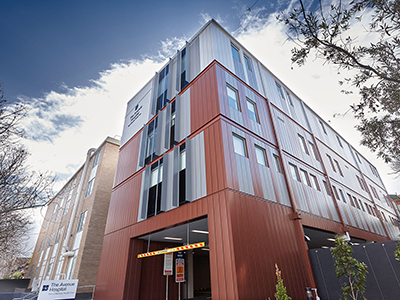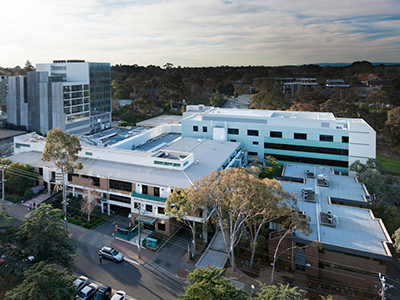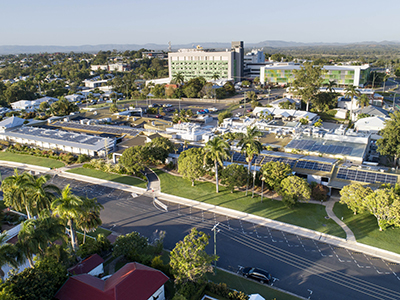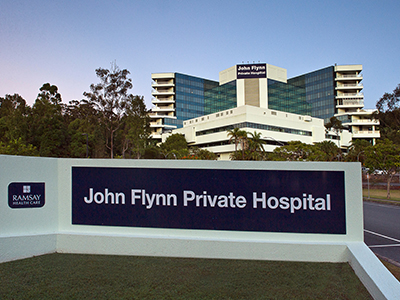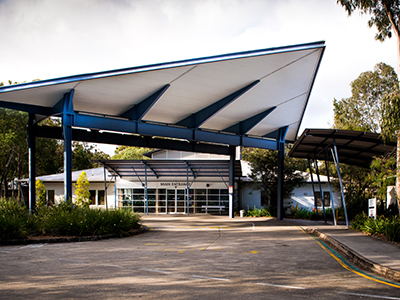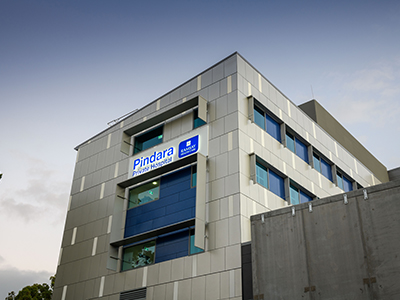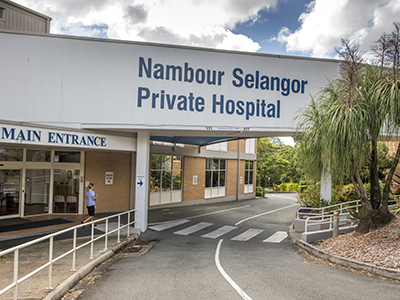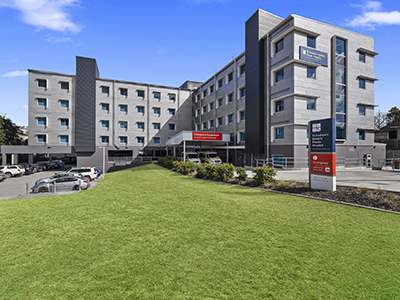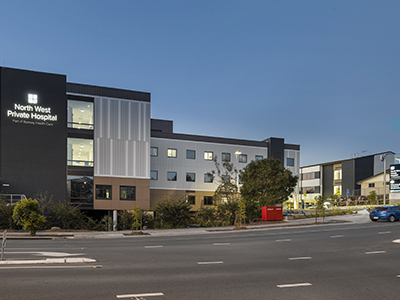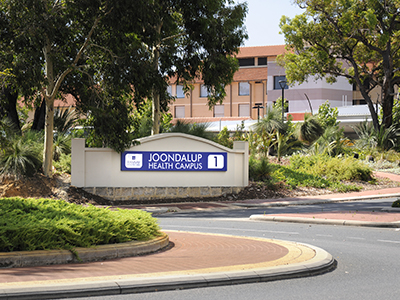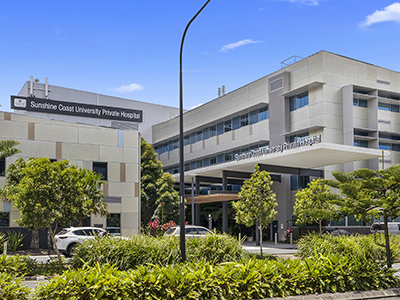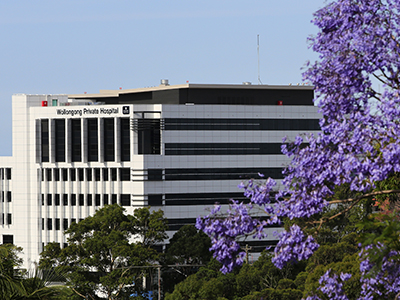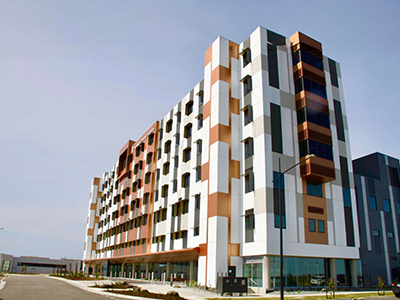Guide to bariatric surgery
Bariatric surgery may be considered for people managing obesity and its associated health challenges.
Patients considering bariatric surgery are supported by an experienced team offering personalised care, guidance and information on available procedures. Our team will work with you to explore the most suitable approach for your individual needs and long-term health.
Considering bariatric surgery?
Bariatric surgery may be a suitable option for individuals who meet specific health and weight-related criteria. Click the plus sign (+) next to either heading to expand and view more details.
Candidates for bariatric surgery may include individuals who
- have a Body Mass Index (BMI) over 30
- have a BMI between 25 and 30 and experience health conditions linked to excess weight (e.g. sleep apnoea, asthma, high blood pressure, high cholesterol, arthritis)
- have experienced an increase in BMI or waist circumference since the last visit to a general practitioner (GP)
- face limitations in daily activities and reduced quality of life due to weight
- have type 2 diabetes related to obesity, where a specialist has advised that surgery may lead to improvement or resolution
- are concerned about health risks associated with a shortened lifespan
Understanding Body Mass Index (BMI)
Body Mass Index (BMI) is a calculation used to assess whether an individual’s weight is within a healthy range for their height. It categorises weight status into underweight, normal weight, overweight or obese, helping to identify potential health risks associated with weight.
While BMI is a useful initial screening tool, it does not directly measure body fat or take into account other important factors such as muscle mass, age, gender, or body composition. Because of this, BMI may not always provide a fully accurate assessment of an individual's health and further evaluation by a healthcare professional is recommended for a more complete picture.
How to get started?
Click the plus sign (+) on the right side of either heading to expand and view more information.
Getting a referral
If you have concerns about your weight and its impact on your health, speaking with your general practitioner (GP) is an important step. Your GP can assess your individual situation, discuss potential treatment options, and determine whether a referral to a bariatric surgeon is appropriate.
If your GP recommends bariatric surgery, they can provide a referral to one of our specialists.
If you do not have a referral but would still like to make an appointment with a bariatric surgeon, please contact the office of the surgeon you would like to see for more information.
Getting ready for surgery
Preparing for bariatric surgery involves several important steps to help ensure a safe procedure and effective recovery. Below is a general guide, just remember that every person’s case is unique, and your care team could tailor their approach based on your individual circumstances
- Medical assessments: A series of evaluations may be carried out, including physical exams, psychological assessments and nutritional consultations. These assessments help determine readiness for surgery and support long-term success.
- Pre-surgery dietary changes: Dietary adjustments may be recommended in the weeks before surgery to reduce liver size and prepare the body. Specific guidance will be provided by the healthcare team.
- Understanding the procedure: Before surgery, the surgical team will explain the process, discuss any potential risks and answer any questions so that all aspects are clearly understood.
On the day of surgery
- The procedure is performed under general anaesthesia and takes a few hours, depending on the type of surgery.
- After surgery, close monitoring is provided during the initial recovery period.
- The bariatric care team will provide guidance on post-surgery care, including diet, physical activity and follow-up appointments.
Bariatric surgery is a significant procedure that requires ongoing medical support. Ongoing support from the medical team plays a key role – not just during the hospital stay, but throughout the entire journey. From preparation to long-term recovery, a dedicated team will be there every step of the way.
Recovery and lifestyle changes after bariatric surgery
Click the plus sign (+) on the right side of the heading to expand and view more information.
Ongoing support and care
Bariatric surgery is a big decision but ongoing care and lifestyle changes are essential for long-term success. Recovery usually involves follow-up appointments, dietary adjustments, regular physical activity and ongoing support to help maintain a healthy weight and overall wellbeing.
With guidance from the care team, you will have access to the resources and support needed to help you stay on track.
Ramsay Newsroom
Stay up-to-date with hospital news, developments, research highlights and innovation.

